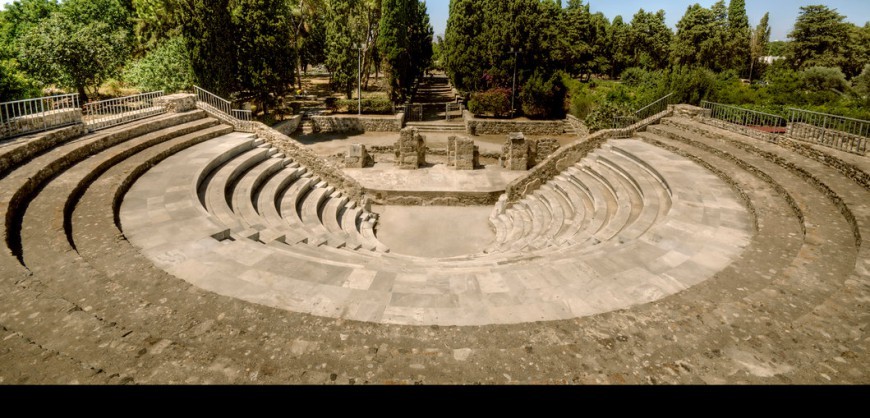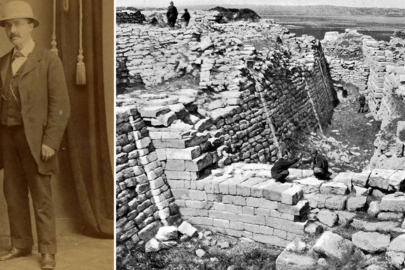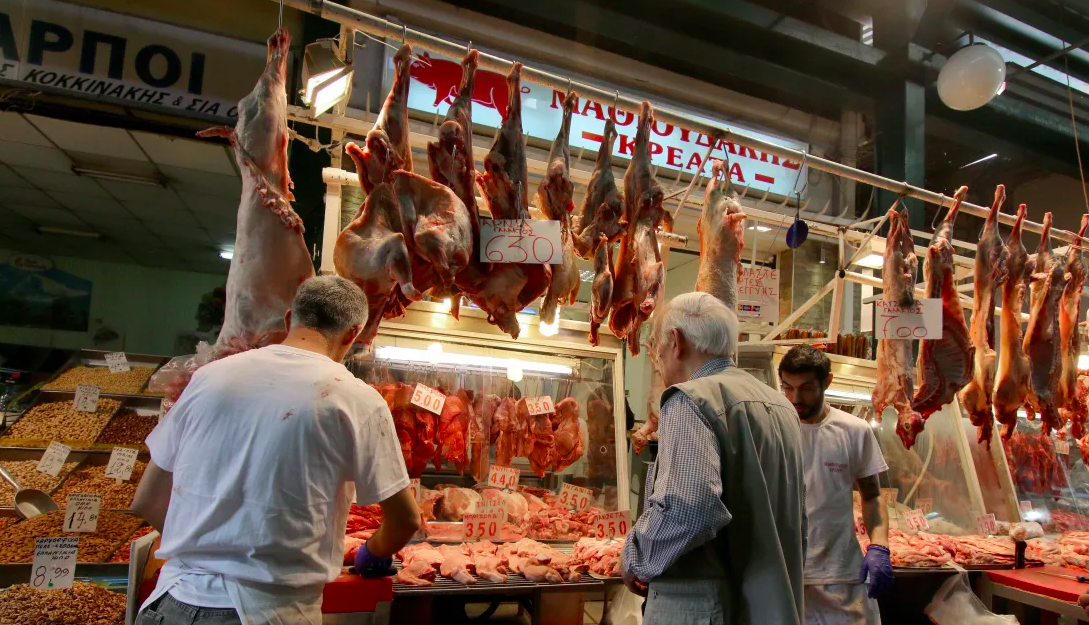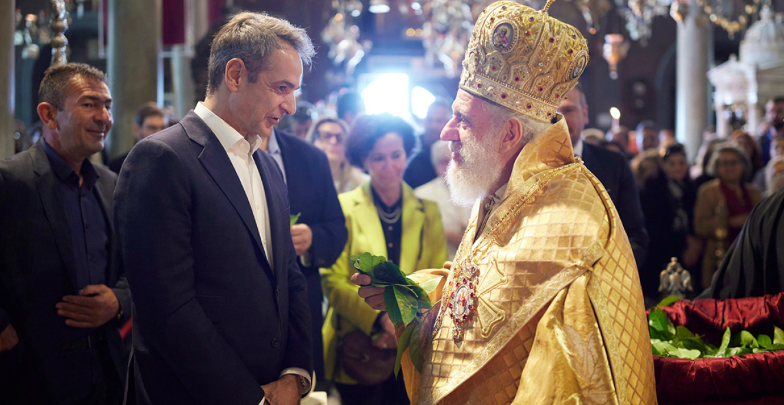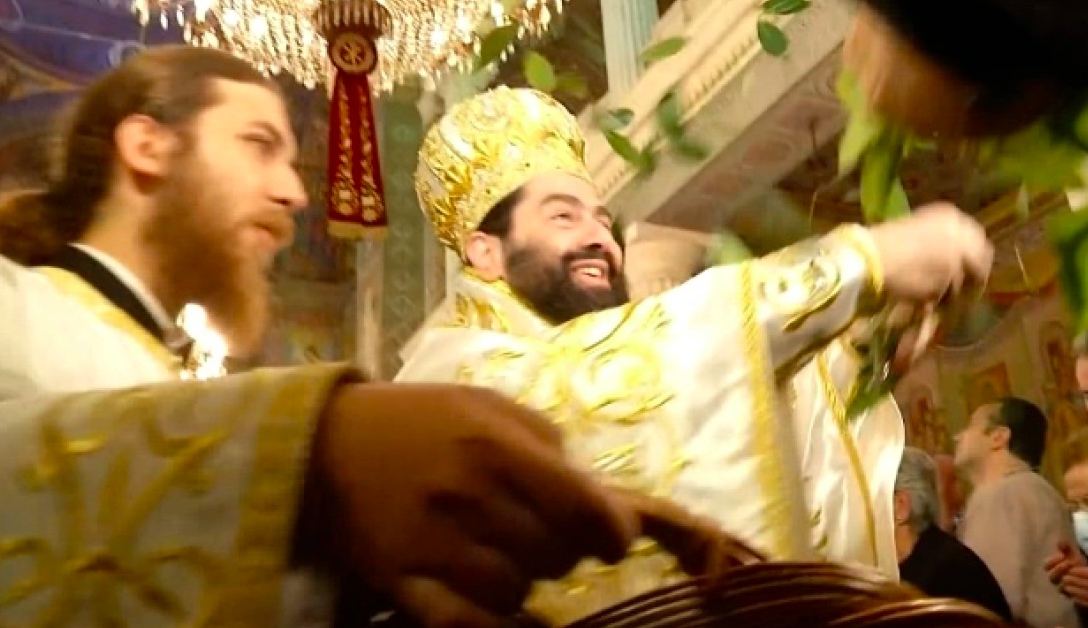The Central Archaeological Council that stands as the country’s highest advisory body on Greece’s cultural heritage made an unprecedented decision to allow the use of the Roman Odeon of Kos as a temporary accommodation shelter for refugees and migrants in the area. The decision came after a request by Doctors Without Borders.
The NGO had asked for permission to set up two heated tents to provide accommodation for 240 people, as well as 12 chemical toilets. The members of the Council said they took the decision “as an exception and for purely humanitarian reasons”.
“We’re surpassing ourselves. Although it would have been a straightforward decision, we violate what is clearly defined by law … it is an honor for us and the Council,” Dimitris Karidis, professor of architecture at the National Technical University (NTUA) and member of CAC’s board said after the meeting.
“Civilization is not the monuments, but the people,” said Nikolaos Stambolidis, professor of Classical Archaeology at the University of Crete, noting that his parents were also refugees.
“Every day, 300 people arrive on the island, most of which stay for three days,” said Apostolos Veizis, program director of the Doctors Without Borders. “There is need for the State to intervene immediately for housing, hygiene, food, and medical care … People are still sleeping outside and winter is approaching. Something must be done.”
The Roman Odeon, which was initially roofed, was built between the first and second century AD to host music competitions and seated approximately 750 persons. It is designated as an absolute protected zone, granted to areas of particular archaeological significance.

